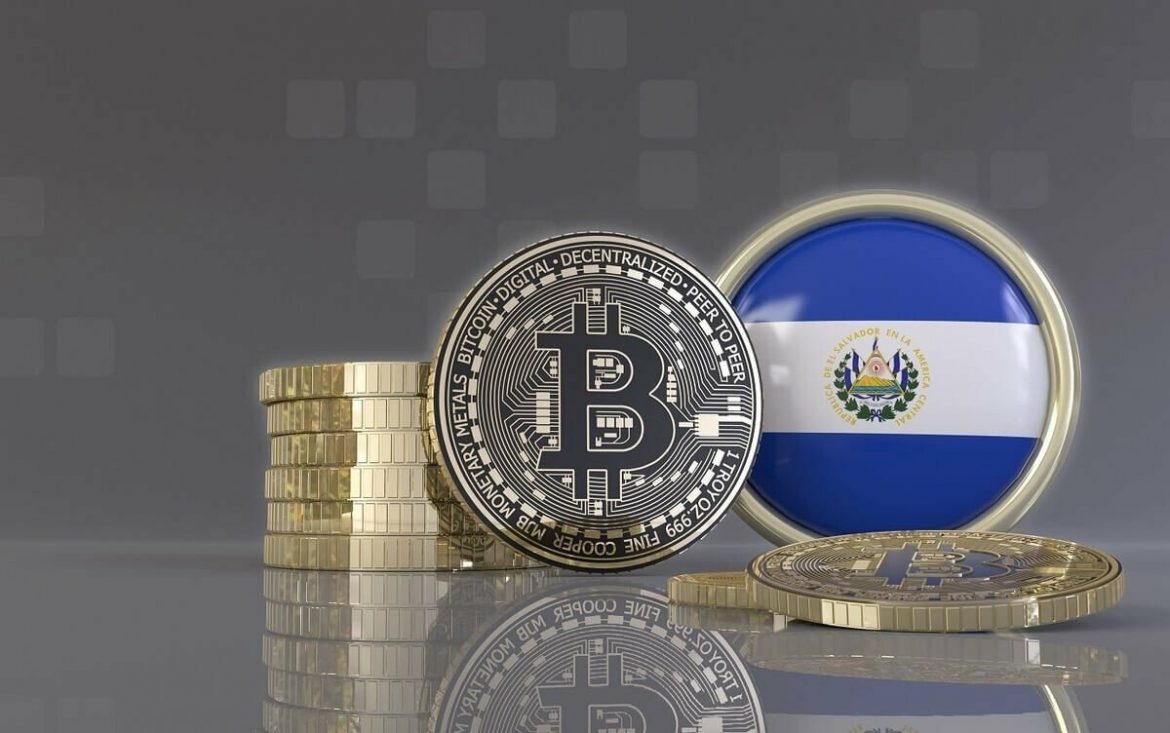With the aim to further boost the crypto-friendly nation’s exposure to cryptocurrencies, El Salvador has handed its first digital asset license to Bitfinex. The latest move by the country’s regulator National Digital Asset Commission (NDAC) makes the exchange the first international digital asset platform to obtain approval under El Salvador’s Digital Assets Issuance Law.
The licence “will enable Bitfinex Securities to facilitate the issuance and secondary trading of assets with clearly defined rights and obligations as outlined in the new digital asset regulatory regime,” Paolo Ardoino, the chief technology officer of the Bitfinex group, was quoted in a statement released by the platform.
The permission was issued to the group’s local subsidiary Bitfinex Securities El Salvador S.A. de C.V.
“It means that a whole range of entities, from small companies to governments, can raise capital in a regulated environment, and tap into a class of investors that are extremely comfortable with crypto assets and tokenized securities, which represents a market of over $1 trillion with a peak of $3 trillion,” according to the exchange’s CTO.
The Digital Asset Issuance Law was passed by the Central American country’s National Congress last January. The legislation was developed to foster increased investments in El Salvador’s crypto sector, building on the nation’s groundbreaking decision to adopt bitcoin (BTC) as legal tender in 2021.
Efforts by El Salvador’s senior officials, including its crypto-enthusiastic president Nayib Bukele, are focused on using the crypto industry to fuel the country’s economy and lure foreign investors. Among others, the government has established the National Bitcoin Office (ONBTC) of El Salvador, a “specialized administrative unit” responsible for coordinating and consulting all BTC-related projects in the nation.
“We see considerable demand both from issuers and investors for the products made possible under the new regulations, which include tokenized shares, yield-bearing assets, and other investment products,” said Jesse Knutson, the head of operations at Bitfinex Securities.
“Issuers are eager to access the digital asset market, attracted by the speed, cost efficiencies and ease of issuance compared to traditional assets. The digital asset market is a market which, at over $1 trillion in size, is still in its infancy, but is growing tremendously quickly,” according to Knutson.
In its statement, Bitfinex praised the NDAC’s decision, declaring that it represents a boost to the exchange’s international expansion efforts, but also “highlights once again El Salvador’s rapid transformation to become a regional and global hub for high-tech financial innovation, creating an attractive environment for businesses to relocate to from around the world.”
Set up in 2012, the platform is headquartered in the British Virgin Islands.
With the aim to further boost the crypto-friendly nation’s exposure to cryptocurrencies, El Salvador has handed its first digital asset license to Bitfinex. The latest move by the country’s regulator National Digital Asset Commission (NDAC) makes the exchange the first international digital asset platform to obtain approval under El Salvador’s Digital Assets Issuance Law.
The licence “will enable Bitfinex Securities to facilitate the issuance and secondary trading of assets with clearly defined rights and obligations as outlined in the new digital asset regulatory regime,” Paolo Ardoino, the chief technology officer of the Bitfinex group, was quoted in a statement released by the platform.
The permission was issued to the group’s local subsidiary Bitfinex Securities El Salvador S.A. de C.V.
“It means that a whole range of entities, from small companies to governments, can raise capital in a regulated environment, and tap into a class of investors that are extremely comfortable with crypto assets and tokenized securities, which represents a market of over $1 trillion with a peak of $3 trillion,” according to the exchange’s CTO.
The Digital Asset Issuance Law was passed by the Central American country’s National Congress last January. The legislation was developed to foster increased investments in El Salvador’s crypto sector, building on the nation’s groundbreaking decision to adopt bitcoin (BTC) as legal tender in 2021.
Efforts by El Salvador’s senior officials, including its crypto-enthusiastic president Nayib Bukele, are focused on using the crypto industry to fuel the country’s economy and lure foreign investors. Among others, the government has established the National Bitcoin Office (ONBTC) of El Salvador, a “specialized administrative unit” responsible for coordinating and consulting all BTC-related projects in the nation.
“We see considerable demand both from issuers and investors for the products made possible under the new regulations, which include tokenized shares, yield-bearing assets, and other investment products,” said Jesse Knutson, the head of operations at Bitfinex Securities.
“Issuers are eager to access the digital asset market, attracted by the speed, cost efficiencies and ease of issuance compared to traditional assets. The digital asset market is a market which, at over $1 trillion in size, is still in its infancy, but is growing tremendously quickly,” according to Knutson.
In its statement, Bitfinex praised the NDAC’s decision, declaring that it represents a boost to the exchange’s international expansion efforts, but also “highlights once again El Salvador’s rapid transformation to become a regional and global hub for high-tech financial innovation, creating an attractive environment for businesses to relocate to from around the world.”
Set up in 2012, the platform is headquartered in the British Virgin Islands.
